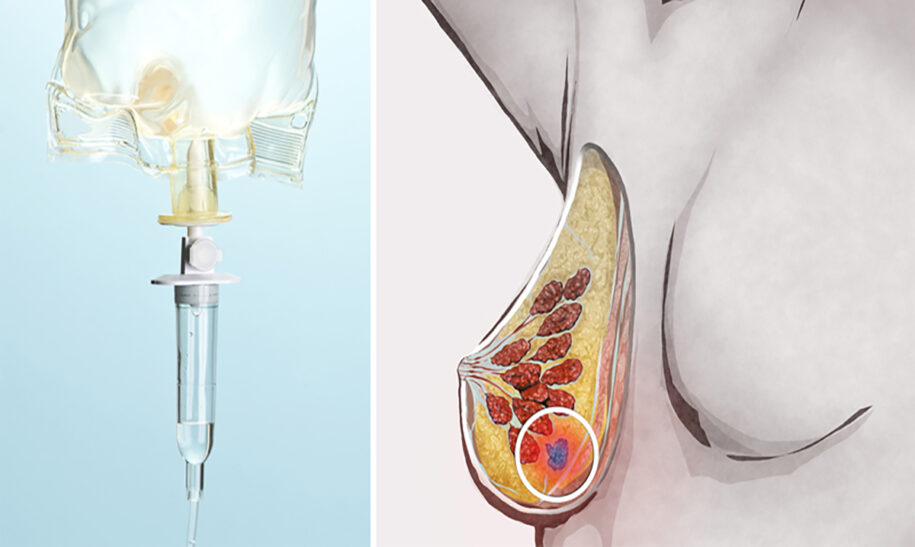
The Intravenous Vitamin Treatment That Destroys Cancer Cells
Cancer has plagued the lives of millions. It is a disease that demands to be taken seriously, and the sudden increase in cases has many people worried. The truth of the matter is, we aren’t treating it properly.
Cancer research centers and hospitals make billions off of cancer treatment. They treat cancer to make money, not to cure it. We have been treating cancer patients with chemotherapy for way too long. It does hardly anything but damage the healthy cells in the body. However, researchers have found multiple different methods to treat cancer effectively. Like this vitamin for example, treats cancer effectively and leaves healthy cells undamaged. A study published in the Journal of Science Translational Medicine shows that the intravenous vitamin might be the key to actually curing cancer. What is it? Well, it’s extremely popular, and there is no patent available for it, which is why pharmaceutical companies and cancer research foundations aren’t interested in it; because they can’t make money off of it.
The powerful vitamin that the researchers studied is vitamin C The study involved injecting high doses of vitamin C into human ovarian cells in a group of 22 different subjects. The results showed that vitamin C can effectively defeat cancer and protects healthy cells in the process. Dr. Jeanne Drisko, a coauthor of the study explained that “Patients are looking for safe and low-cost choices in their management of cancer. Intravenous Vitamin C has that potential based on our basic science research and early clinical data.”
They need to conduct a large-scale human trial on the benefits of intravenous vitamin c on cancer cells, but they have little funding to do so. Qi Chen, the lead author of the study, said, “Because Vitamin C has no patent potential, its development will not be supported by pharmaceutical companies. We believe that the time has arrived for research agencies to vigorously support thoughtful and meticulous clinical trials with intravenous Vitamin C.”
Vitamin C has such an amazing effect on the body when it is administered in different ways other than orally, Heidi Ledford explains. She says, “Oral doses [of vitamin C] act as antioxidants, protecting cells from damage caused by reactive compounds that contain oxygen. But vitamin C given intravenously can have the opposite effect by promoting the formation of one of those compounds: hydrogen peroxide. Cancer cells are particularly susceptible to damage by such reactive oxygen-containing compounds.”




 Recently, a photo went viral of a 63-year-old mother with her 42, 40, and 36-year-old daughters standing next to each other. They are a Taiwanese family and they look absolutely gorgeous, especially for their ages.
Recently, a photo went viral of a 63-year-old mother with her 42, 40, and 36-year-old daughters standing next to each other. They are a Taiwanese family and they look absolutely gorgeous, especially for their ages.








